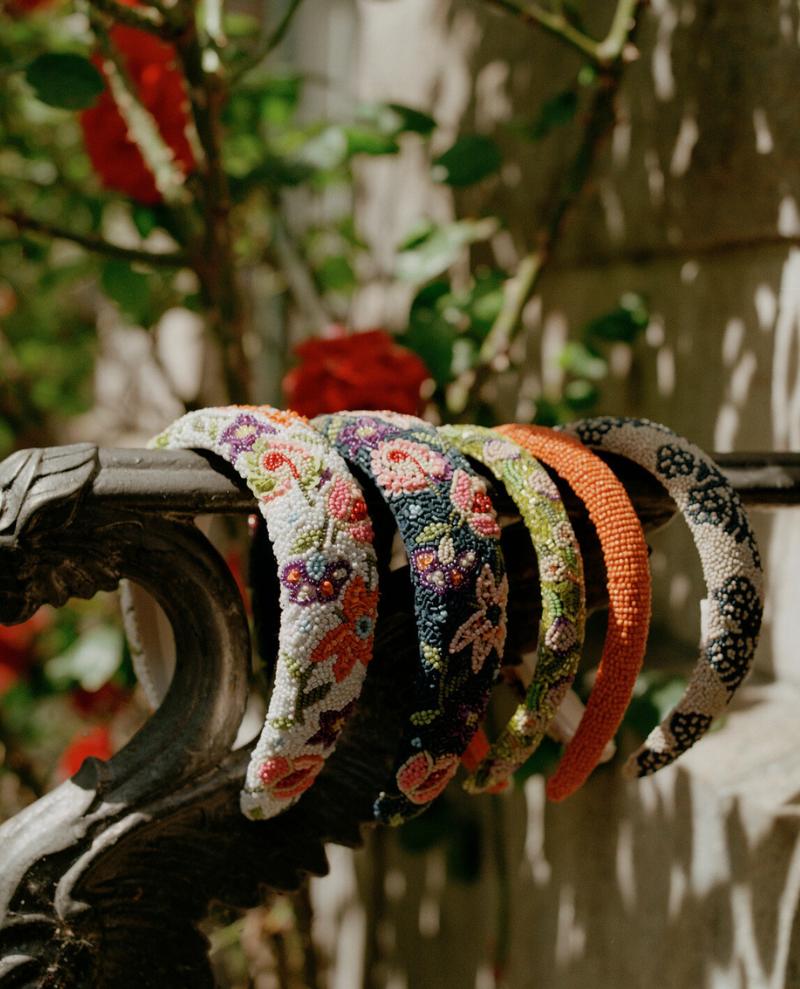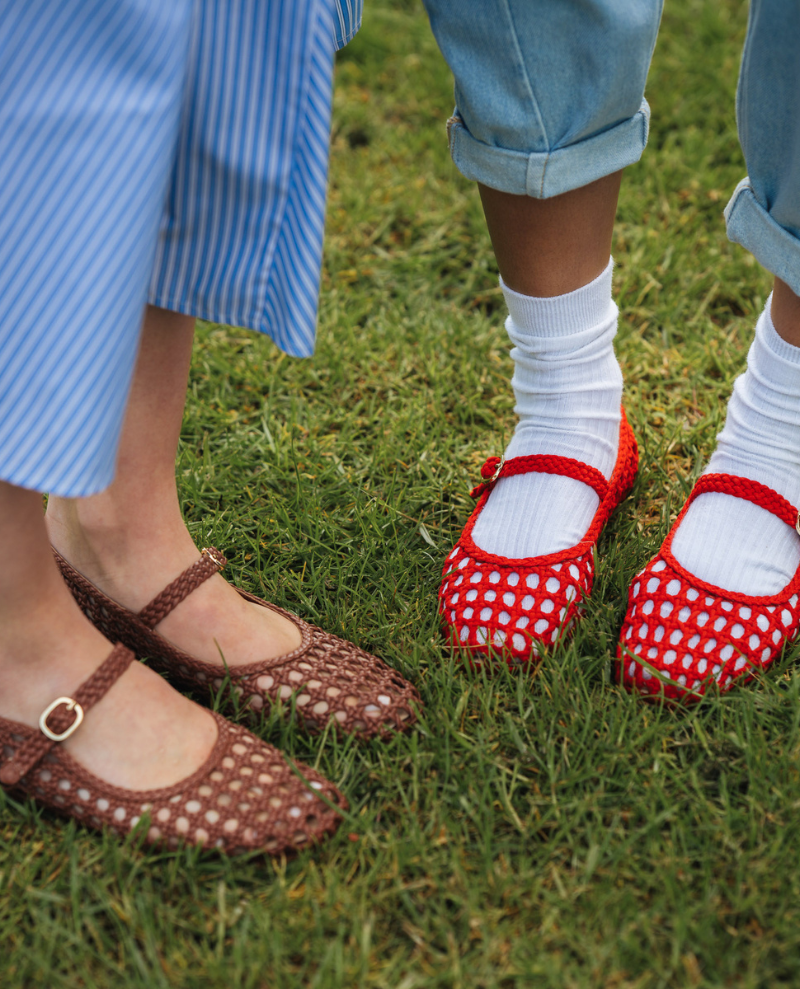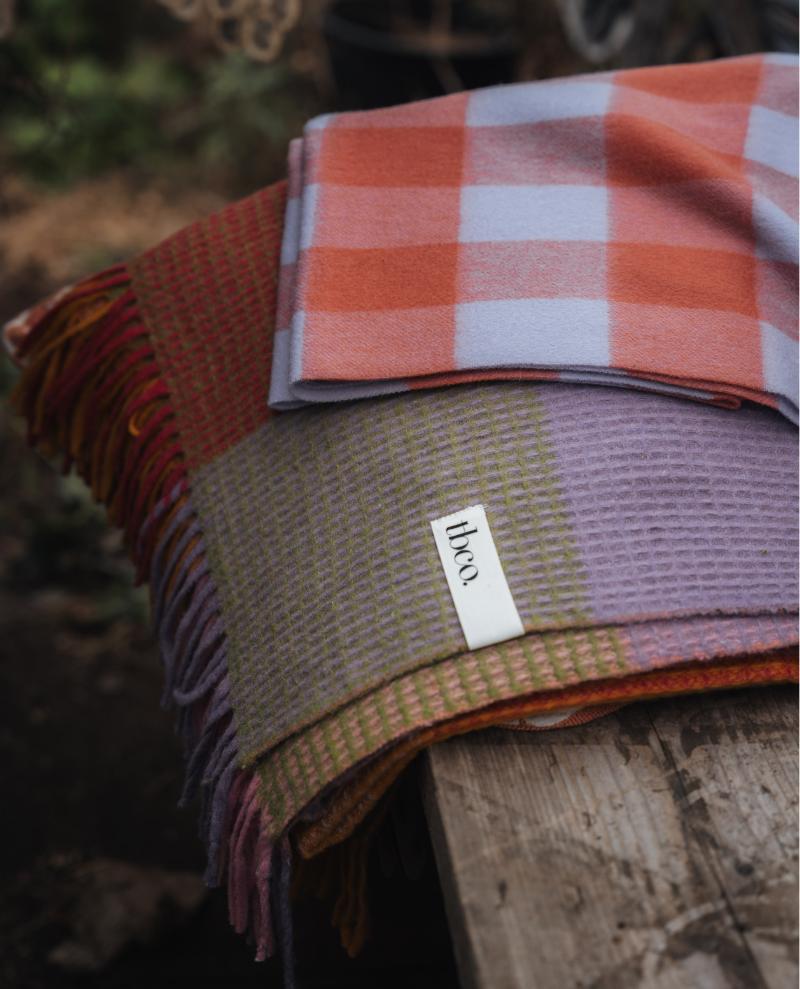Behind Our Windows - Honouring Edinburgh's Olympic hero Eric Liddell
Eric Liddell Legacy Inspires our July Windows

Never ones to shy away from a challenge and always looking to celebrate incredible people, our latest window display in Edinburgh is about more than just colourful homewares and clothing! In fact, we along with many of our neighbours are celebrating the incredible legacy of Olympic hero Eric Liddell. One hundred years since his historic 400 metre gold medal win in the 1924 Paris Olympics, we are so excited to be taking part in these centenary celebrations!
Read on to find out more about the man behind the win
Who is Eric Liddell
An Olympic gold medallist, gifted athlete and the inspiration behind an Oscar winning film, Eric Liddell was born in 1902 in China. The son of dedicated Christian missionaries, Liddell came to the UK with his parents at the age of 5, attending the School for the Sons of Missionaries - later known as Eltham College.
In 1920 he moved to Scotland to attend the University of Edinburgh where his outstanding athletic ability was immediately recognised. Not only was he a gifted, albeit unorthodox runner, he also played multiple times for Scotland's international rugby team between 1921 and 1923 before choosing to focus on his athletic endeavours. Already recognised as one of the country's top runners, he was soon selected for the British Squad for the 1924 Paris Olympics where he was among the favourites to win his strongest event, the 100m sprint.

Controversy
But when the timetable for the Games was released, Liddell dropped a stunning revelation! The 100m heats were on a Sunday and, as a dedicated Christian, he declared that there was nothing that could persuade him to run on the Lord's Day.
Whilst the 1981 film, Chariots of Fire shows Liddell only learning that the heats will be held on a Sunday while boarding the boat to France. In reality, the schedule was known several months in advance.
This revelation caused fury and outrage, with members of the press and reporters hammering on the door of Liddell's student accommodation in Edinburgh, demanding they speak to him through cries of "He's a traitor!"
Nevertheless, his decision was final. He would give up his strongest event - 100m to focus on the longer 400m race. His blistering speed had never been in doubt, but what he needed was the stamina to maintain the pace around the full length of the track!

Historic Win
The day of Eric Liddell's historic medal win and the pipe band of the 51st Highland Brigade played outside the stadium for the full hour before he ran. Considered a middle distance event, with runners racing until the first bend before coasting down the back straight, Liddell had little option but to treat the race as a full sprint - partly due to his rivalry with the Americans as well as him drawing the outer lane. Challenged all the way down the home straight, he held on to take the win, breaking the Olympic and World Records with a time of 47.6 seconds.
Of course he returned to Scotland as a hero, with crowds lining the streets to welcome him home! The call of religious life however, proved stronger than the fame and fortunes of celebrity and, just like his parents, he soon returned to China as a missionary.

Life After Olympics
In addition to his religious work, Liddell dedicated his life to teaching at the Anglo-Chinese College in Tianjin where he lectured in science and coached sports. In 1934 he met and married Florence Mackenzie, the daughter of Canadian missionary parents, and the pair soon welcomed their first child.
Life wasn't easy, and amid ongoing civil war, things only worsened with the invasion of China by the Japanese in 1937. As conditions for foreigners deteriorated, Liddell grew more dedicated to his missionary work, travelling to a war torn village to offer help. However, despite the UK government advising all British nationals to leave China in 1941, Liddell decided against the advice, staying in China while his wife Florence, now pregnant again, fled with their two children to Canada.
He would never see them again.
Death & Legacy
In 1943, Liddell was interned at Weihsien, a Japanese internment camp for 1,500 prisoners in China's Shandong Province. Affectionately known as Uncle Eric to many of the children there, he devoted his time to teaching and organising sports activities. Unfortunately it wasn't long before those around him noticed his fatigue and sluggishness, later diagnosed as a brain tumour.
Worsened by the terrible conditions within the camp, Liddell died 21 Feb 1945, just months before the camp was liberated at the end of the Second World War.
Despite the furore surrounding his decisions in his early career, Liddell's strong Christian faith never wavered.
In 1980, The Eric Liddell Centre was set up in Edinburgh to honour his beliefs in community service and support. In 2002 when the first inductees were inducted into the Scottish Sports Hall of Fame , Eric Liddell topped the public vote for the most popular sporting hero Scotland had ever produced. Shortly thereafter he was inducted into the Scottish Rugby Hall of Fame in January 2022, on the centenary of his first international cap.

Other Notable Honours:
In 1991 the University of Edinburgh erected a memorial headstone, made from Isle of Mull granite and carved by a mason in Tobermory, at the former camp site in Weifang
Eltham College's sports centre was named "Eric Liddell Sports Centre" in his memory
In 2012 the University of Edinburgh launched a high-performance sports scholarship named after Liddell. It was announced during a visit by Patricia Russell, Liddell's oldest daughter
In 2023 the Eric Liddell Gym, a fitness centre at the University of Edinburgh, was opened and in 2024 the University awarded Liddell a posthumous honorary doctorate to mark the 100th anniversary of his success at the Paris Olympics. The award ceremony took place in the same hall from which Liddell graduated in 1924
In 2024 a footpath on Bruntsfield Links was renamed the Eric Liddell Way in honour of the athlete
In 2024, The Eric Liddell Centre began its Olympic Year Appeal aimed at securing funding to ensure that his legacy continues to inspire generations to come


Our Windows
To celebrate the legacy of such an incredible role model, us and many local businesses in Bruntsfield, Morningside, Church Hill and Comiston are decorating our windows in honour of the centenary year, with individuals encouraged to vote on their favourites here.
Without a shred of bunting or a gold ring in sight, we kept it distinctly biscuit and ran (get it!) with Breton stripes from Bob & Blossom! A nod to the host country, these French wardrobe classics are decorated with the numbers 1-3 for those that medal. Whilst we aren't expecting a podium place - it's the taking part that counts - we love the fun nature and simplicity of it and can't wait to see what our neighbours do!


















